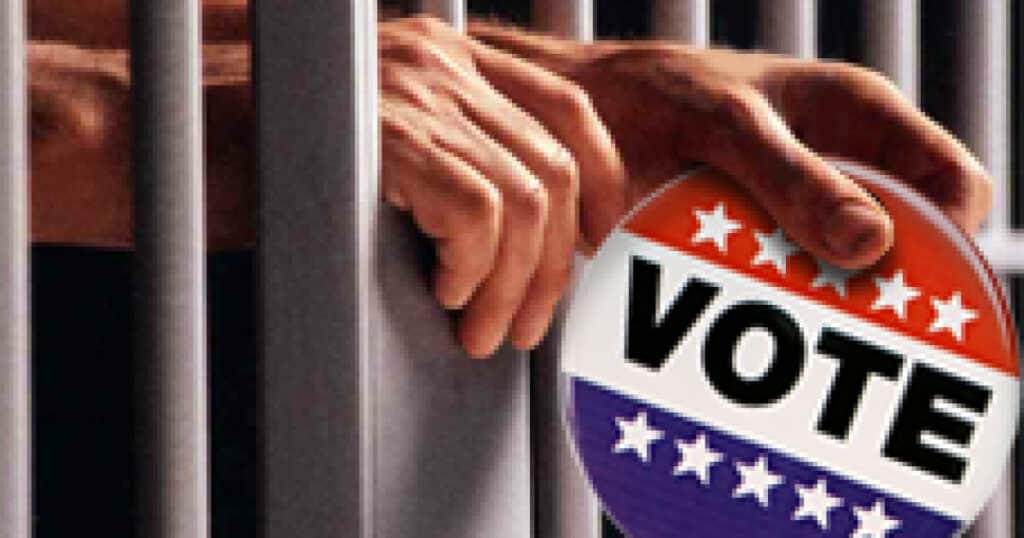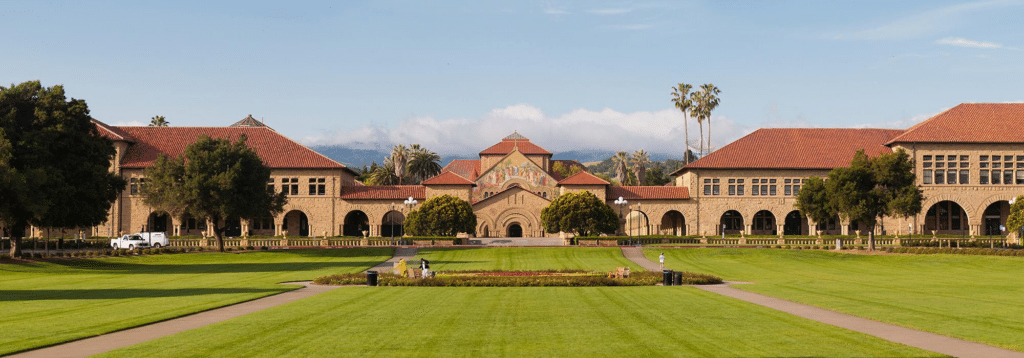
Convicts in California Could Regain Right to Vote While Still in Prison Under New Constitutional Amendment
Despite the best-laid plans of certain woke district attorneys in certain deep blue cities and key woke politicians on the statewide level, California is still a land where the old adage applies: You do the crime, you do the time.
And now, if the effort of state Assemblymember Isaac Bryan from Los Angeles is successful, anyone serving time may get back their political voices, regardless the nature of their crimes.
Bryan’s proposed Assembly Constitutional Amendment 4, would leave it up to California’s voters to decide whether to reinstate voting rights to convicted felons who are still incarcerated.
If approved, the new legislation, says National Conference of State Legislatures, would represent a significant expansion of suffrage for people behind bars. California would join Maine and Vermont, and also the District of Columbia, as the only jurisdictions in the United States where felons retain their rights to vote throughout the legal process.
“I think we’re having a deep discussion on what it means to have voting as a right for every citizen,” Bryan said during a press event announcing the bill Wednesday.
“Disenfranchisement of incarcerated people does nothing to improve the safety of our communities or encourage rehabilitation,” Bryan continued. “All the data shows us that voting reduces recidivism, and increases the community connectivity for people.
Disenfranchisement further silences the voices of already unheard Black, Brown, poor, Veteran, and Indigenous communities. This is the right thing to do. Democracy thrives when everybody has a chance to have their voices heard.”
The California Constitution currently disqualifies people who are incarcerated in state or federal prison from voting, but restores the right after their release. The law previously required felons to complete their parole period before getting back their right to vote, but in 2020, Californians overwhelmingly voted to get rid of that requirement through constitutional amendment.
Two-thirds of each chamber of the state legislature must vote in favor of Bryan’s bill, just for it to appear on the ballot as a proposition. Voters will then need to approve the eased voting restrictions by a simple majority in order for the changes to become a constitutional amendment.
Bryan, chair of the Assembly’s Committee on Elections, knows his bill faces a tough sell in Sacramento, because, while the Legislature is controlled by Democrats, the party has conservative representatives from rural areas where progressive policies aren’t guaranteed support.
Then also, the election committee’s vice chair is a Republican, Assemblymember Tom Lackey, who opposes the bill and has said it is a “betrayal” of crime victims.
“The perpetrator is automatically given a blanket of forgiveness,” under Bryan’s legislation, said Lackey, who represents part of Southern California’s high desert communities, which are generally considered more independent-minded and conservative.
“Criminal conduct deserves a price to be paid.”
California is currently among 21 states where felons lose their right to vote while they are incarcerated.
In some states, convicts must complete prison probation and parole before their voting rights can be restored. Laws in other states keep people who have been incarcerated on certain crimes from gaining back their voting rights indefinitely after release.
Bryan disagreed that giving offenders the right to vote is an affront to victims.
“The voice of victims matters in the criminal legal system, but what we’re talking about right now is democracy as a whole,” he said.
“For a democracy to truly function, voting is a right that every citizen should have and is entitled to,” said Sam Lewis, executive director of the Anti-Recidivism Coalition. “Voting creates an opportunity for people in prison to think about their communities positively as they prepare to reenter society.
“Allowing people in prison to vote and participate in our democratic process,” he added, “will promote accountability and rehabilitation.”



